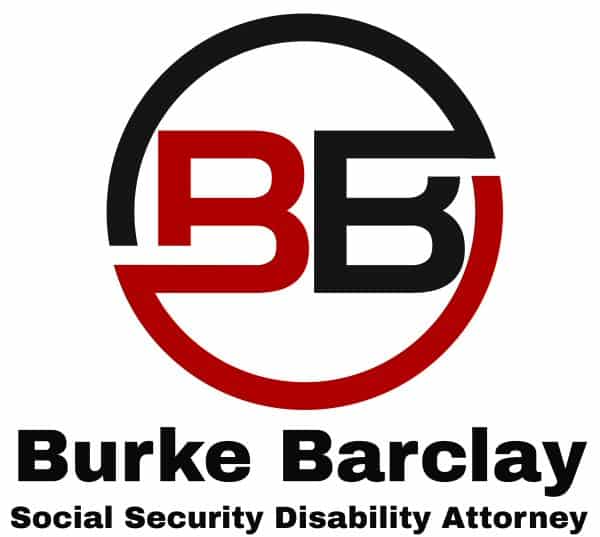What To Expect At Your Social Security Disability Hearing
You may be wondering what to expect at your Social Security disability hearing.
By the time a claimant has received two denials for disability benefits, he or she will have to decide whether or not an appeal should be made to the hearing level to have an Administrative Law Judge hear the case. This process alone can take up to a year before a decision whether or not to appeal is made.
After an appeal is filed to the hearing level, the claimant needs to understand there is another period of waiting before his or her case will be heard. On the average, any hearing office throughout the United States is scheduling cases more than 400 days from the time in which the appeal is filed. In other words, if you do decide to file an appeal to the hearing level, it will be at least a year before his case is heard unless it is considered an expedited case.
So, once you have caught your breath and realized this is going to be a very long process, it is important to know what to expect when the day of your hearing finally arrives.
First, you need to figure out how to get to your local Office of Disability Adjudication and Review (ODAR). This is the office where the judge will hear your case. Many of these offices are located in federal buildings in urban areas and sometimes it is hard to find them. You will likely also be dealing with traffic delays on the day of your hearing as well. Suffice it to say, being late to your own hearing is not a great way to start. Each hearing lasts no more than an hour and each judge usually has a number of cases on his or her docket to hear for that day. Be respectful and show up at least 30 minutes before your hearing time is scheduled.
When you get to your local ODAR office you will likely be met by a security guard who will check you in. This too takes time. At this point you will likely need to show identification and the security guard will need to make sure you have no weapons on your person. There are no bailiffs in the hearing rooms, so the security guard is just making sure the judge is safe being in the room with you.
After waiting to be called, you (and your attorney if you are represented) will be asked to come into the hearing room. This is typically a small office-building-type room in which the judge is elevated above you at his or her bench and you are seated almost directly in front. To his or her side is the court assistant and a medical or vocational expert will also appear at your hearing to help the judge make a determination as to whether or not you are disabled.
He or she will open the record and identify who you are. If you are represented, he or she will ask your attorney for either an opening statement or a summary of why you have been unable to work. After this, judges usually take it upon themselves to ask questions directly to the claimant. After such questioning, the attorney is allowed to ask additional follow-up questions to further illustrate why you are unable to work. After such questions are concluded, the vocational or medical expert is questioned.
Here is where many claimants stop understanding the process. Because a Social Security disability hearing is non-adversarial, the claimant is never cross-examined like he or she would be in a typical trial. There is no attorney for the U.S. government arguing that you are not disabled. Therefore, when the judge is asking the expert in regards to whether or not you can actually work, given your limitations, the question is actually offered in regards to a hypothetical person with your same conditions.
Let me show you an example:
Let’s say you cannot work because you have a severe back injury. The questioning from the judge would likely go like this. Again, he or she is actually speaking about you, but in a round-about way.
Judge: Mr. Expert, this hypothetical person has a high school education…transferable work skills…closely approaching advanced age…but, this person would have to alternate sitting and standing throughout the day, he or she would have to take unexcused or unexpected breaks throughout the day to rest, and he or she could not lift anything more than 10 pounds…would there be any jobs within the national economy that would be available to his person?
Then the expert will address which jobs are available for a person that would match those types of skills and education with those types of impairments. The judge would continue to add additional impairments to the list as long as there is evidence to back up such impairments exist.
After that confusing part of the hearing, the judge will usually ask the claimant is he or she has anything more to add to the hearing and will sometimes ask the attorney to either summarize the case again or provide for a closing statement.
All of this takes place within an hour and then you must wait on your decision. However, because of the caseload Social Security judges carry, sometimes a decision does not come for a couple of months. If your attorney is allowed to review your records electronically, he or she will see when your case is finally closed and will be able to see the decision before it comes out in the mail. So, it’s always important to at least check back in with your attorney every couple of weeks.
You will either receive a fully or partially favorable decision or an unfavorable one. At that point, it would be best to speak with an attorney if you are not happy with the results. While many claimants decide to represent themselves even at the hearing level, the rules to the game change from there and your case becomes even harder without an experienced Social Security disability attorney to represent your interests.
If you would like to know more about what to expect at your Social Security disability hearing, contact the Law Office of Burke Barclay, skilled and experienced Social Security disability attorney. The consultation is free.
You Need an Experienced Social Security Disability Lawyer
We represent claimants fighting for their Social Security disability benefits throughout Texas and California. Contact the Law Office of Burke Barclay for a highly experienced Social Security Disability Lawyer in Dallas, Texas
"Experienced Social Security Disability Lawyer representing clients throughout the United States who either need to initially file for their Social Security disability benefits or have been denied at one of the various stages throughout the process to give them the best chances of success."
Business Address
The Law Office of Burke Barclay
3838 Oak Lawn Ave.
Suite 1000
Dallas, TX 75219
Business Hours
Monday - Friday
8:00 AM - 5:00 PM





